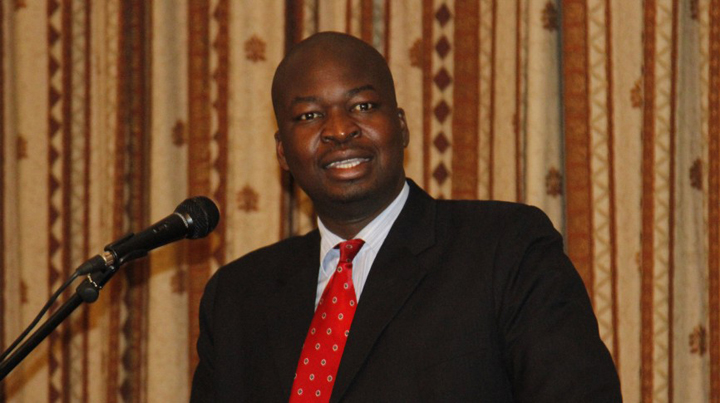Zimbabwe’s bankers, long criticised for the high bank charges often cited as obstacles to promoting savings and use of plastic money, yesterday confessed to overcharging their customers.
The confession, appropriately came at a fund raising business meeting hosted by the Roman Catholic Church.
The controversial bond notes, externalisation and cash shortages were among the topical issues the meeting discussed, but it came as a surprise to most guests when top bankers, in a rare public admission, chastised each other while admitting that current bank charges were against efforts to promote financial inclusion.
Zimbabwe’s banking institutions make the bulk of their profits from bank charges when ordinarily, they are supposed to be making money from interest income, which is their core business. Lending has declined as the economy stalled and defaults rose.
The Reserve Bank of Zimbabwe (RBZ) has had to intervene and force the banks to reduce charges and interest rates on loans.
Barclays Bank Zimbabwe managing director, George Guvamatanga, who said he is Catholic, was the first to “come clean,” admitting that charges for using plastic money were too high.
In the face of current cash shortages, the public has been encouraged to swipe at point of sale machines. However, most prefer cash due to the high charges levied for swiping.
“We are encouraging everyone to swipe but at the moment the challenge is that the cost of swiping is too high, and as bankers in this room we certainly need to look at that urgently,” said Guvamatanga.
“It does not make sense to walk in to buy Ibuprofen (an anti-inflammatory drug) for $2, you swipe and then you are charged (an additional) $2.50. It does not make sense to me as a banker. It does not make sense, my fellow bankers.”
He said the minimum of $10 that banks charge for Real Time Gross Settlement (RTGS) transactions was “ridiculous.”
“When we say customers must use RTGS, it does not make sense when we charge them $10. That is ridiculous. This is also targeted at the Barclays stable. That $10 is too much,” Guvamatanga said to applause.
Continued next page
(124 VIEWS)







0 Comments